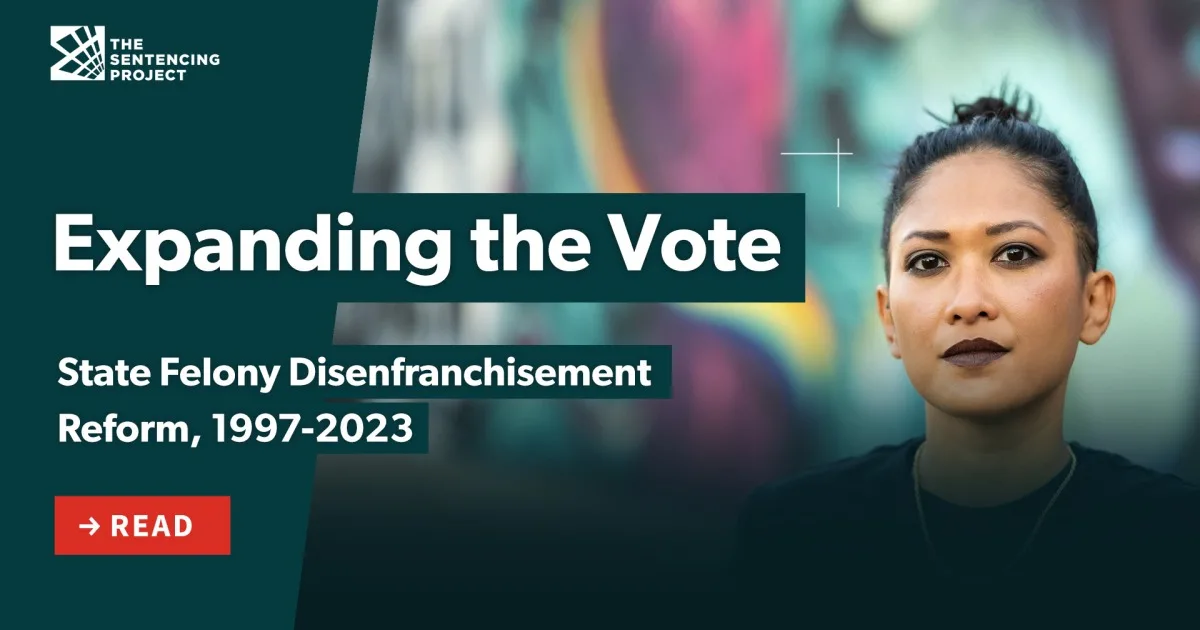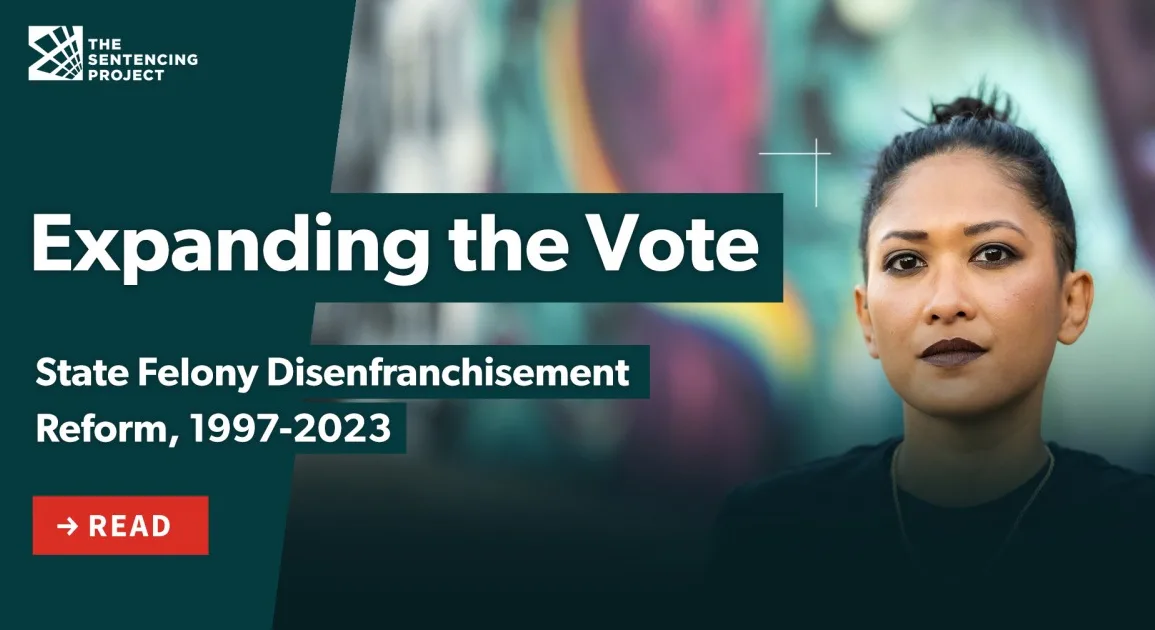
Florida officials and voters have addressed one of the nation’s most restrictive disenfranchisement laws through a series of policy changes. In 2004, then-Governor Jeb Bush amended the Rules of Executive Clemency to expedite the voter restoration process, alleviating a backlog of tens of thousands of rights restoration applications. Before Gov. Bush’s rule change, individuals were required to attend an in-person clemency hearing. The change limited the requirement for an in-person hearing as long as they were not convicted of a violent crime and had remained arrest-free for five years. Individuals convicted of all other offense types were required to complete a 15-year arrest-free period before applying to have their rights restored. Gov. Bush restored voting rights to 75,000 people during his two terms in office.
In 2006, Florida lawmakers passed a bill requiring correctional facilities to provide people in prison with rights restoration application information at least two weeks prior to their release date. This change was in response to the difficulties presented by Florida’s complex and confusing restoration process.
In 2007, Governor Charlie Crist and the Board of Executive Clemency approved a new rule change, automatically restoring voting rights for individuals convicted of certain, mostly nonviolent offenses. Residents convicted of more serious offenses, excluding some violent crimes and crimes of a sexual nature, became eligible to have their voting rights restored without a clemency hearing. Individuals convicted of murder or crimes of a sexual nature are still required to wait 15 years after sentence completion (during which time they must remain arrest-free) to apply without a hearing or to petition the Board directly for a review and in-person hearing. During Crist’s administration, voting rights were restored to more than 150,000 people.
During Governor Rick Scott’s administration, the 2007 clemency rules were amended to require the clemency board to review all rights restoration applications. The 2011 change also added additional paperwork for each case, regardless of offense type. As a result, rights restoration applications declined by nearly 95%.
In 2018, Florida voters expanded voting rights to as many as 1.4 million Floridians with a felony conviction by approving Amendment 4. The change provided for the automatic reinstatement of voting rights for justice-involved residents with eligible felony conviction histories once they completed their prison, felony probation, or parole sentence. Persons convicted of homicide and crimes of a sexual nature were excluded from the measure. In 2019, Florida lawmakers passed and Governor Ron DeSantis signed Senate Bill 7066, restricting the voting rights of people who had not paid court-ordered monetary sanctions, and effectively re-disenfranchising the majority of those whose rights Amendment 4 had restored.
From 2016 through 2020, 3,250 Floridians had their voting rights restored post-sentence by state officials. In fiscal years 2020 and 2021, the Florida Commission on Offender Review reported that 4,244 and 6,278 rights restoration applications were respectively approved. As of 2022, an estimated 934,500 Floridians who completed their sentences remained disenfranchised.
Georgia: Voting Rights Restored to 40,679 People, Years 2020-2023
In Georgia, people can vote following the completion of their prison, felony probation, or parole sentence.


